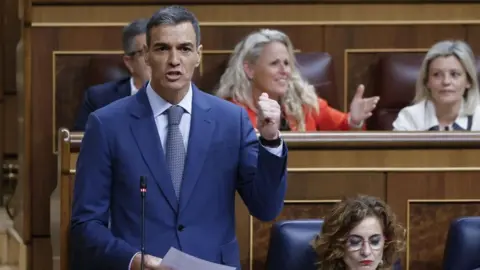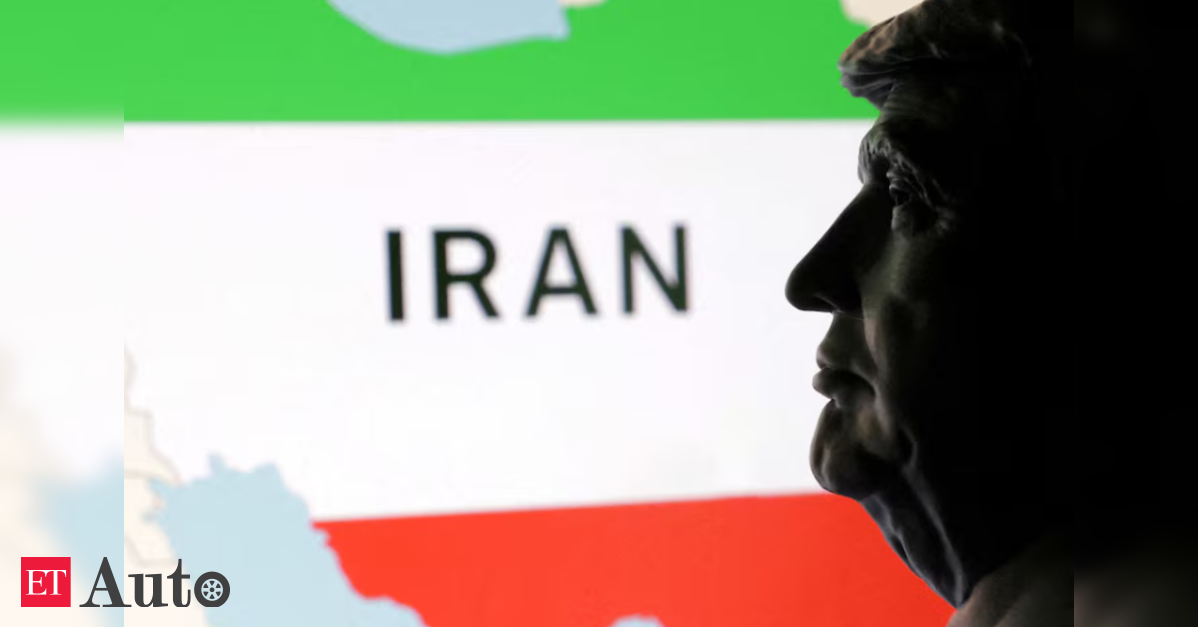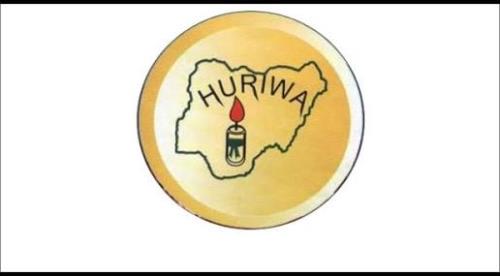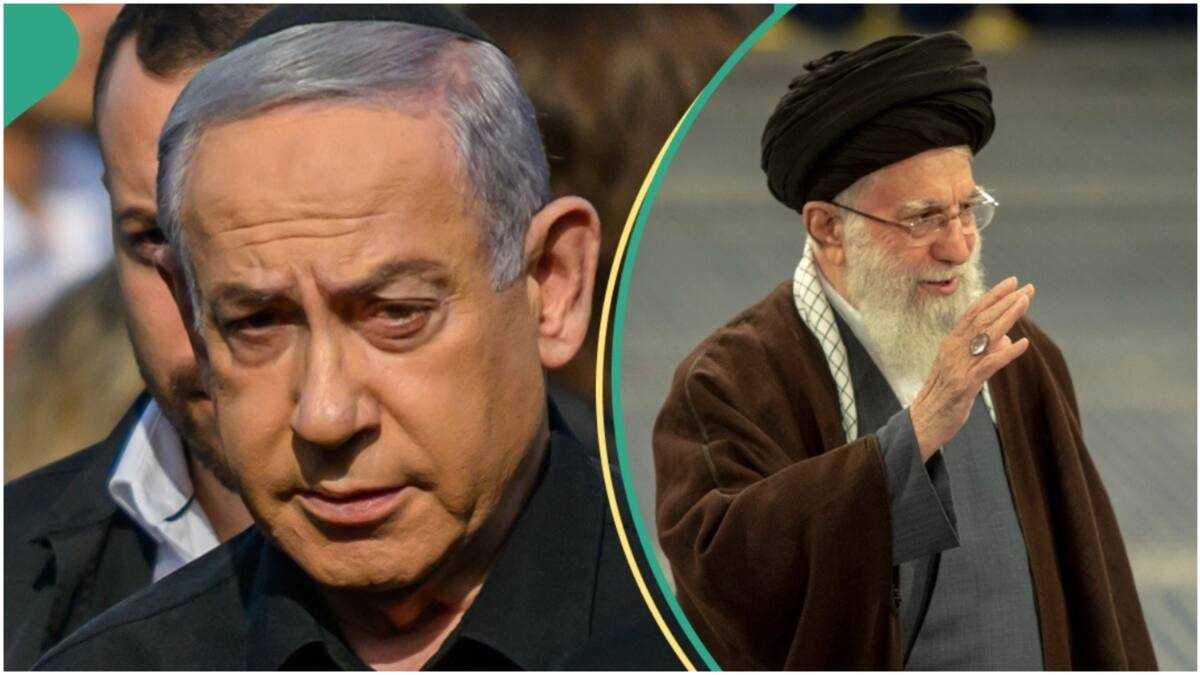Germany vows fair share of Europe's defence as Nato leaders arrive at Hague summit
He said the UK had to "navigate this era of radical uncertainty with agility, speed and a clear-eyed sense of the national interest". The UK government said it expected to spend 2.6% of GDP on core defence within two years, alongside 1.5% on defence-related areas.

 EPA
EPA
At the bottom of the rung is Spain, whose defence spending is below 1.3%.
Madrid would need to more than double its funding to meet Rutte's new target – something that Socialist Prime Minister Pedro Sánchez has long resisted, arguing it "would not only be unreasonable but also counterproductive".
It would also, crucially, be unpopular at home – not least among his left-wing governing coalition – at a time when Sánchez's government is teetering.
On Sunday Sánchez said Spain had reached a deal that would see it exempted from the target – something Rutte swiftly pushed back on. "Nato is absolutely convinced Spain will have to spend 3.5% to get there," he said on Monday.
Sánchez's suggestion of a lower spending threshold was enough for Belgium and Slovakia to also express interest in an exemption – denting Rutte's hard-won image of a united alliance.
"I can assure you that for weeks our diplomats have been working hard to obtain the flexibility mechanisms," said Belgium's foreign minister Maxime Prévot. Brussels' spending is currently at 1.3% - and Slovakia has also said it reserves the right to decide when to meet the new target.
Despite their comments, all 32 states are expected to sign up to the new pledge.
As Nato leaders and the leaders of more than a dozen partner states made their way to The Hague, train travel from Schiphol Airport near Amsterdam was badly disrupted after cables were damaged by fire.
Security Minister David Van Weel said sabotage could not be ruled out. "It could be an activist group, it could be another country. It could be anything," he told public broadcaster NOS. "The most important thing now is to repair the cables and get the traffic moving again."













